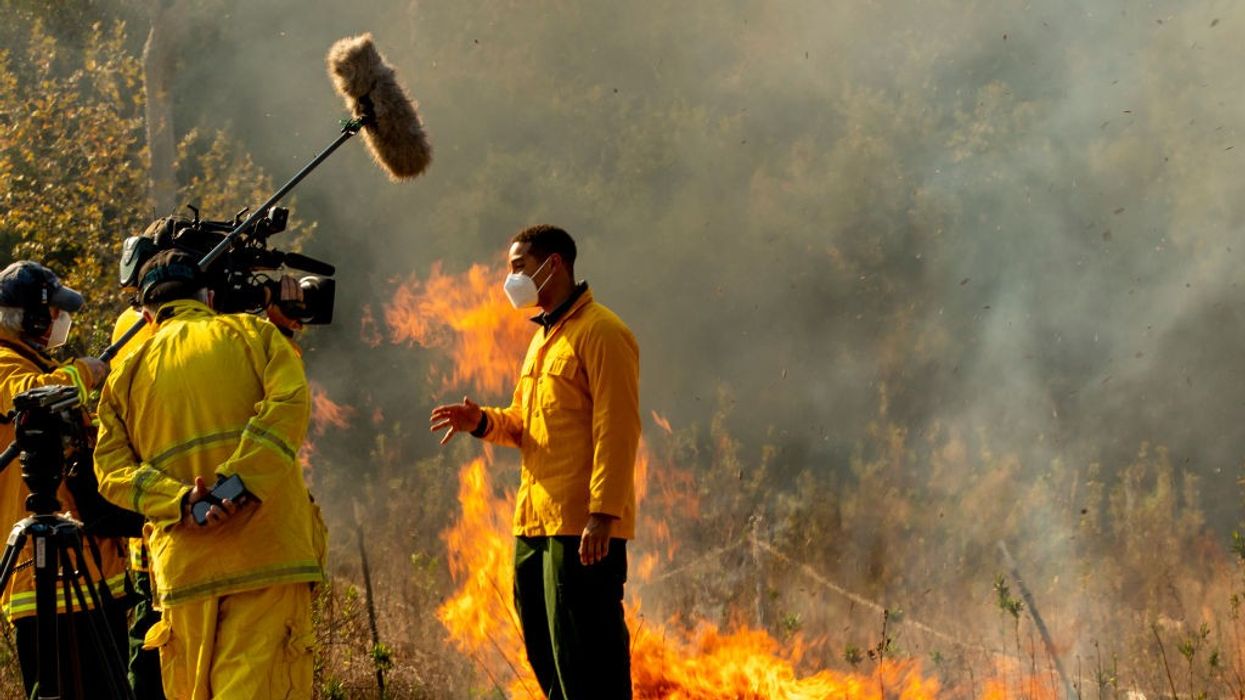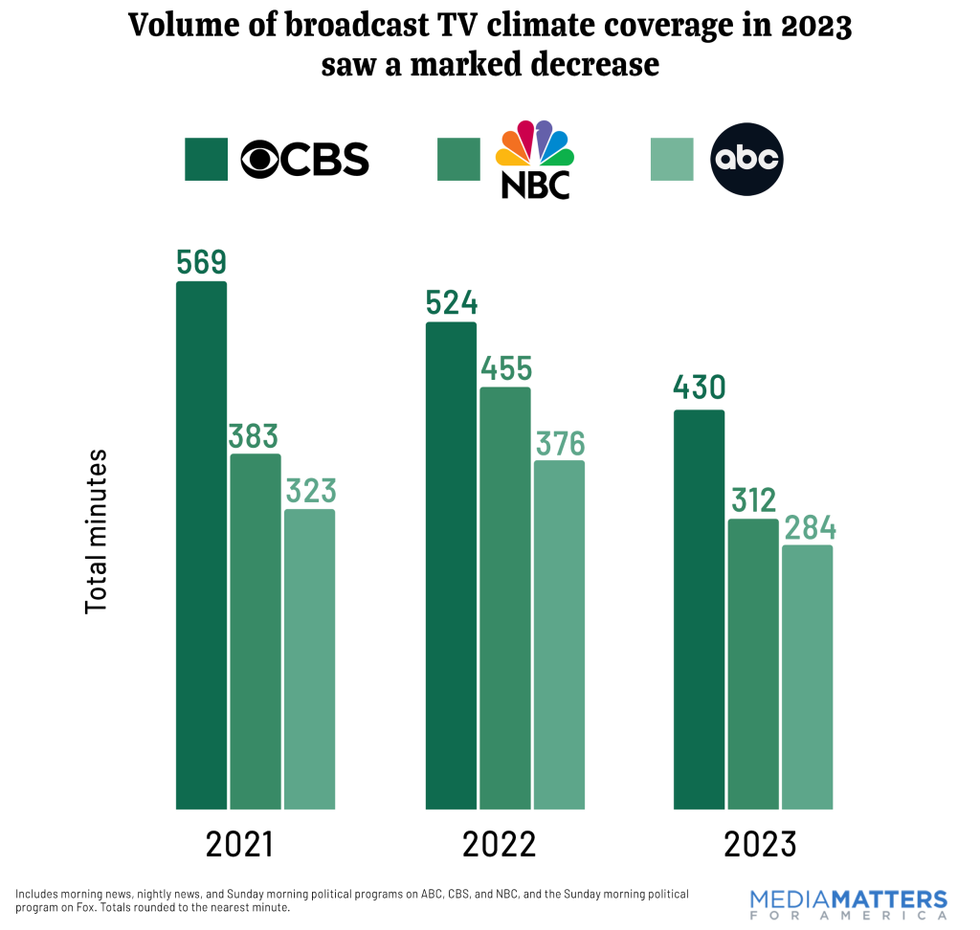‘No War Crimes Are Off Limits' as Trump Reportedly Mulling Bombing Targets in Venezuela
NBC reported Friday that the US military is considering options including drone strikes against drug cartel members within the South American country, prompting fears of escalation.
The Trump administration may strike alleged drug targets inside Venezuela's borders within weeks, sources familiar with the situation told NBC News on Friday.
Two US officials and two other sources with knowledge of the conversations that had taken place said that the US military was considering plans that could include drone strikes against members and leaders of drug trafficking groups as well as drug laboratories. If approved, the strikes would be a further escalation following three Trump administration attacks on alleged drug-carrying boats in the Caribbean that have killed at least 17 people, even though the administration has provided no evidence that those killed were actually smuggling drugs.
"More mass murder on the cards?" the news outlet Venezeulanaysis wrote in response. “NBC reports that the Trump administration is weighing strikes against 'drug targets' (emphasis on the air quotes) inside Venezuelan territory. Lots of speculation and anonymous sources, but it shows that no war crimes are off limits."
US President Donald Trump has already come under heavy criticism for authorizing boat strikes that many decry as illegal. Democratic lawmakers have moved to bar the president from authorizing further attacks, and Colombian President Gustavo Petro called for the United Nations to take criminal proceedings against the US president in a speech on Tuesday.
"This is the most egregious instance of disinformation against our nation, intended to justify an escalation to armed conflict that would inflict catastrophic damage across the entire continent."
Now, observers are responding with alarm to the news that the administration might go even further.
El Pais correspondent Juan Diego Quesada wrote on social media that strikes within Venezuelan territory "would escalate the conflict to a level whose consequences I dare not measure."
"How would this not be considered an act of war?" asked poster Cindy Gossett. "Trump can't just claim Venezuelan citizens are drug lords therefore he's going to fly a drone over and destroy them. If Venezuela did the same in our country it wouldn't be accepted."
Speaking at the UN General Assembly on Friday, Venezuelan Foreign Minister Yvan Gil Pinto said that the US had an “illegal and completely immoral military threat hanging over our heads."
Pinto also cast doubt on the notion that the Trump administration's true aim was to combat the drug trade.
He accused the US of trying to permit “external powers to rob Venezuela’s immeasurable oil and gas wealth" and said that the administration was using “vulgar and perverse lies” to “justify an atrocious, extravagant, and immoral multibillion-dollar military threat."
Trump has yet to authorize any particular plan, according to NBC. The Pentagon declined to comment on their report, and the White House referred the outlet to a previous statement from Trump: "We’ll see what happens. Venezuela is sending us their gang members, their drug dealers, and drugs. It’s not acceptable.”
Venezuelan President Nicolás Maduro has denied that his administration has not done enough to prevent drug trafficking through the South American country, as Trump has accused.
Maduro sent a letter to the White House on September 6 calling for peace and dialogue and defending his record, noting that, according to a UN report, only 5% of the drugs that leave Colombia do so via Venezuela.
He wrote of the trafficking claims, "This is the most egregious instance of disinformation against our nation, intended to justify an escalation to armed conflict that would inflict catastrophic damage across the entire continent."
Toward the end of the letter, he appealed to Trump to work with him to reduce tensions.
"President, I hope that together we can defeat the falsehoods that have sullied our relationship, which must be historic and peaceful," Maduro wrote.



